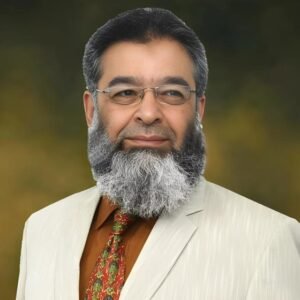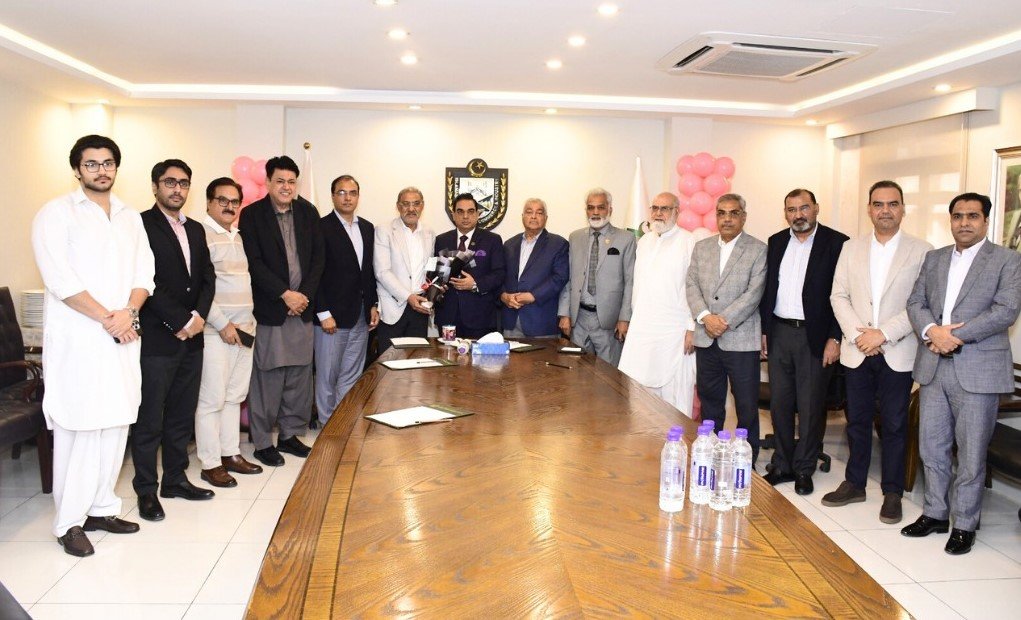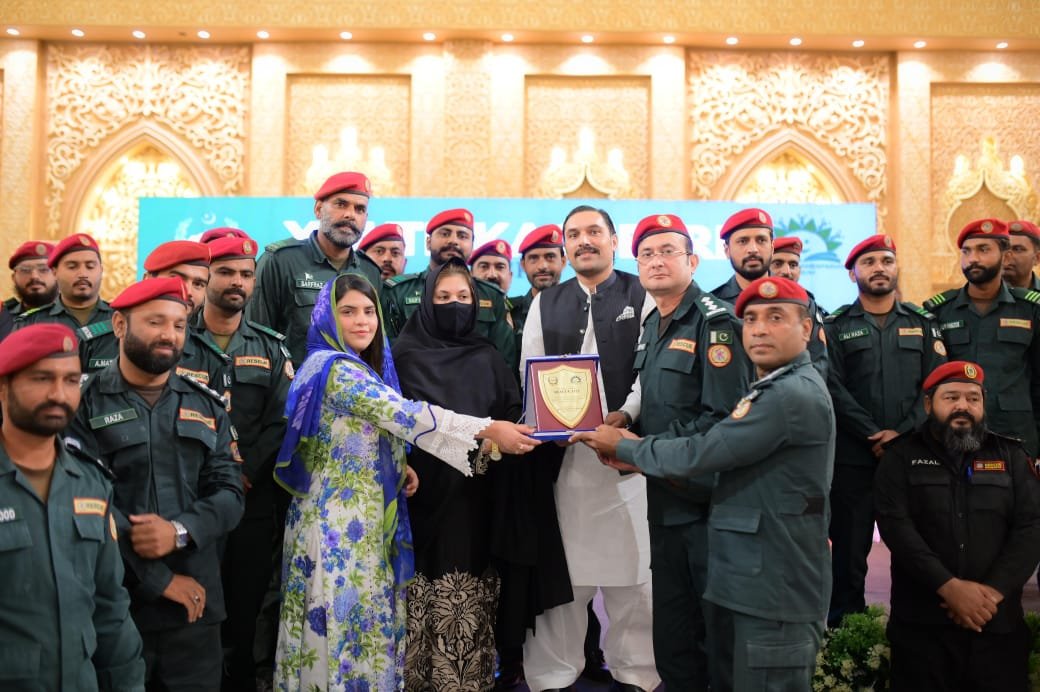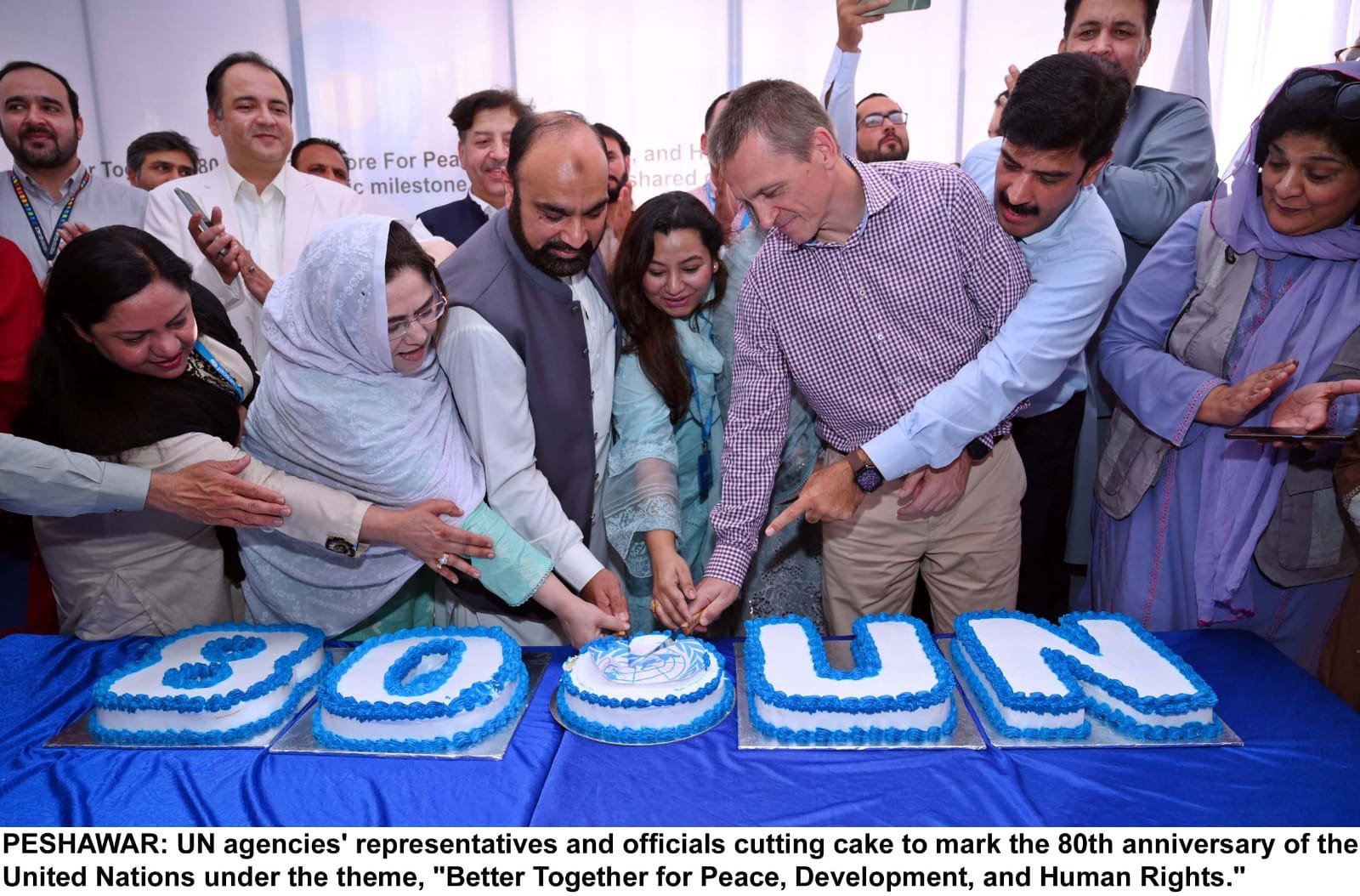
Cruelty is the darkest stain on mankind’s conscience. It has been condemned in every age and every civilization. Yet condemnation alone is not enough. Silence often prevails, and silence becomes cruelty’s greatest ally. Islam commands its followers to resist oppression with courage. The recent UNGA walkout protest showed that nations are finally raising their voices against tyranny in Gaza and Palestine.
The Qur’an commands: “And do not incline toward those who do wrong, lest you be touched by the Fire, and you would not have besides Allah any protectors; then you would not be helped” (Surah Hud, 11:113). To oppose tyranny is not optional but a sacred duty. The Prophet Muhammad (peace and blessings be upon him) said: “Whoever of you sees something evil, let him change it with his hand; and if he is not able, then with his tongue; and if he is not able, then with his heart, and that is the weakest of faith.”
History flows with the blood of victims and the resolve of those who defied cruelty. Some sufferings scar individuals, but others crush nations. Yet even in the darkest hours, humanity has risen to remind the world that cruelty cannot reign unchallenged. Such a reminder came only two days ago in New York, the towering city of the United States, where the United Nations General Assembly convened.
As Israeli Prime Minister Netanyahu addressed the Assembly, seeking to cloak oppression in politics, a rare moment unfolded. Representatives of conscience, unable to bear hypocrisy, rose from their seats and walked out. Their silence was louder than his words. The UNGA walkout protest pierced the walls of the Assembly and reached the heart of the world.
Nearly thirty to thirty-five nations joined this silent but thunderous protest. Most were members of the Organization of Islamic Cooperation (OIC). Some countries outside the Muslim world, long critical of cruelty in Gaza and the occupied West Bank, also walked out. Their message was clear: they would not dignify words divorced from reality, words that ignored the bleeding wound of Palestine.
The list of these nations carried great weight. From the Arab heartlands—Saudi Arabia, Jordan, Egypt, Iraq, Kuwait, Qatar, and the United Arab Emirates—to Asia—Pakistan, Indonesia, Malaysia, Bangladesh, and Brunei. From North Africa—Morocco, Algeria, Tunisia, Libya, Mauritania, Djibouti, and Somalia—to the shores of South Africa and Namibia, and even Bolivia in Latin America. Lebanon, Syria, Yemen, and Afghanistan also stood in protest. That Bahrain and the UAE, both signatories to the Abraham Accords, joined the walkout made the act even more striking. Their message was unambiguous: normalization cannot mean endorsement of tyranny.
The protest responded directly to Israel’s relentless expansion of illegal settlements, its suffocating siege of Gaza, and its contempt for international law. Nations dismissed Netanyahu’s words as hollow. The blood of children in Gaza and the cries of mothers in Palestine testified more powerfully than any speech.
For too long, Gaza has been a place where the world’s conscience faltered. Its skies filled with fire, its streets with rubble, its nights with screams of the wounded and the silence of the dead. Every stone in Gaza carries the memory of a child whose laughter war extinguished. Bombed walls bear the trace of interrupted prayers. Yet even in suffering, Gaza has become the lantern of truth, forcing the world to look into the mirror of its own humanity.
Now, after years of hesitation, a collective voice has stirred. The Prophet Muhammad (peace be upon him) said: “Help your brother, whether he is an oppressor or oppressed.” His companions asked, “O Messenger of Allah, we help the oppressed, but how do we help the oppressor?” He replied, “By restraining him from oppression.” Delegates who walked out of the Assembly restrained the oppressor by denying him legitimacy.
If the countries that staged this protest unite with resolve beyond symbolism, they have the power to change history. Allah has given them wealth, resources, and influence. Should they stand together with steadfastness, others will rally beside them. The Qur’an promises: “Indeed, Allah commands you to render trusts to whom they are due and when you judge between people to judge with justice” (Surah An-Nisa, 4:58). The trust of our age is to defend the oppressed and to judge cruelty for what it is.
From Gaza to Kashmir, and from Palestine’s blood-soaked soil to other oppressed lands, people still wait for justice. The UNGA walkout protest in New York may be only a beginning—a spark of unity in a fractured world. Yet it proves that the advocates of peace are growing in number and that the enemies of peace cannot hide behind power forever.
Cruelty is temporary; justice is eternal. The enemies of peace will one day be humiliated, their cruelty turned into disgrace. The cries of Gaza, the prayers of Palestine, the blood of martyrs—these will not be in vain. History shows that no tyrant lasts forever, but every act of resistance, no matter how small, becomes a seed of victory.
Read climate-related news here: https://greenpost.com.pk/










